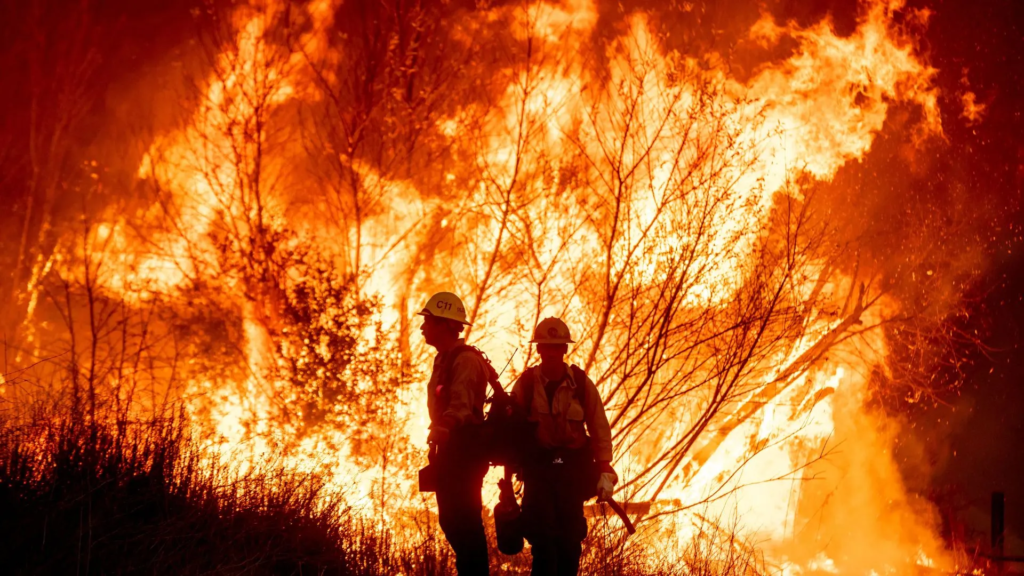A Nation Ablaze: South Korea’s Wildfire Emergency and the Urgent Call for Action
The declaration of a national emergency in South Korea due to devastating wildfires underscores the destructive power of nature and the vulnerability of human settlements in the face of such calamities. The fires, which have tragically resulted in fatalities and the displacement of hundreds, paint a stark picture of the challenges faced by nations grappling with increasingly unpredictable and intense natural disasters. This crisis demands immediate and coordinated action, not only to contain the flames and provide relief to affected communities, but also to address the underlying factors that contribute to the severity of such events.

The Human Cost: Loss and Displacement in the Face of Inferno
The loss of life is a profound tragedy, a stark reminder of the human cost of these wildfires. Beyond the immediate fatalities, the displacement of hundreds of individuals disrupts lives, shatters communities, and creates a ripple effect of hardship. Homes, businesses, and essential infrastructure are threatened or destroyed, leaving behind a trail of devastation. The psychological impact on those who have lost loved ones, homes, and livelihoods will be long-lasting, requiring sustained support and compassion.
Mobilizing Resources: A National Response to a National Crisis
The declaration of a national emergency signifies the gravity of the situation and the need for a unified response. It activates resources and coordination across various government agencies, enabling swift and decisive action to combat the wildfires. Firefighters, emergency responders, and volunteers are working tirelessly to contain the flames, often facing treacherous conditions and challenging terrain. The mobilization of resources, including aircraft, firefighting equipment, and personnel, is crucial in preventing further spread of the fires and protecting vulnerable communities.
Beyond the Flames: Addressing the Root Causes and Future Prevention
However, addressing the immediate crisis is only one aspect of the challenge. It is essential to understand the factors that contribute to the severity of these wildfires. Climate change, with its associated increase in temperatures and prolonged dry spells, plays a significant role in creating conditions conducive to wildfires. Deforestation, land-use changes, and inadequate fire prevention measures also contribute to the problem. Addressing these underlying factors requires a comprehensive and long-term approach, including sustainable forest management, improved fire prevention strategies, and a concerted effort to mitigate the impacts of climate change.
A Call for Preparedness: Building Resilience Against Future Disasters
The South Korean wildfires serve as a wake-up call, highlighting the need for greater preparedness and resilience in the face of natural disasters. Investing in early warning systems, strengthening emergency response capabilities, and educating communities about fire safety are essential steps in mitigating the impact of future wildfires. International cooperation and knowledge sharing can also play a crucial role in developing effective strategies for wildfire prevention and management. Ultimately, the crisis in South Korea underscores the interconnectedness of human societies and the environment, and the urgent need for a collective effort to address the challenges posed by a changing climate.




















